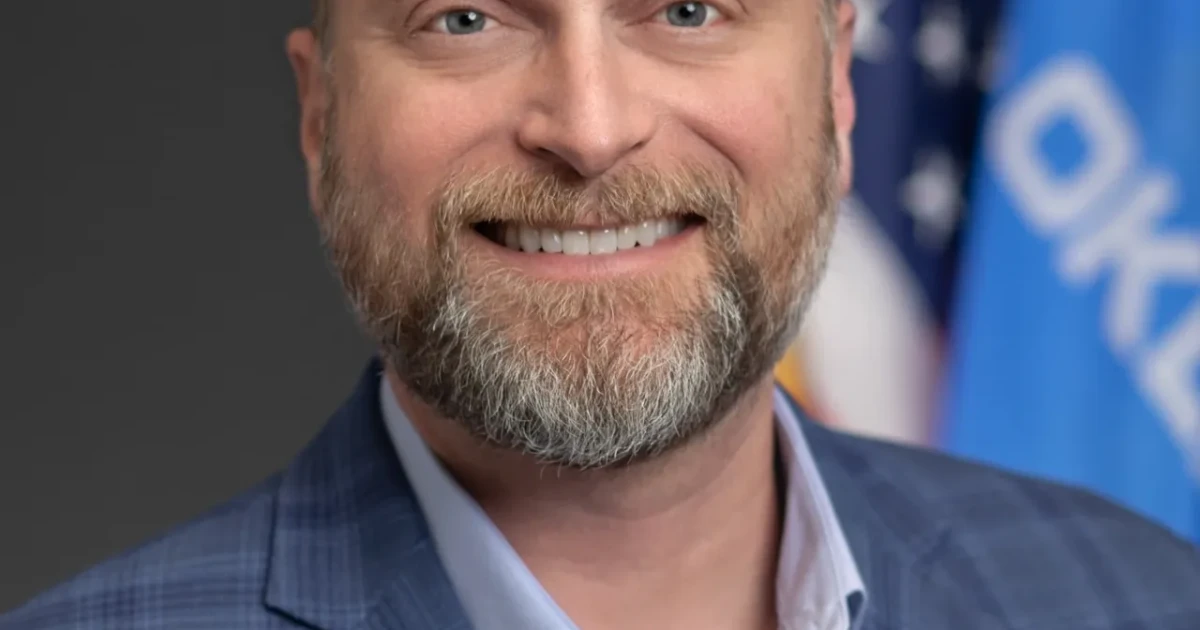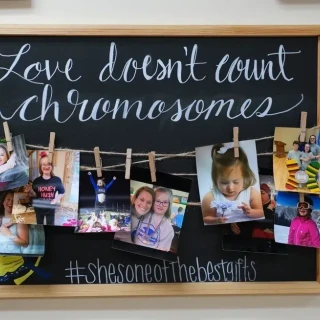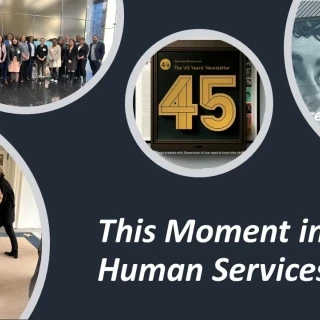Strengthening families safely reduces the need for foster care

Tulsa World Link: Column | Strengthening families safely reduces the need for foster care
In my time as director of the Oklahoma Human Services, the agency steadily worked to remove barriers that kept families from being successful and worked upstream to serve them before they reached crisis. That work continues.
In fact, the agency uses the "True North" as the anchor to accomplish this work. This refers to the focus, goals and metrics of DHS.
Most families interacting with our child welfare system are from a neglect concern, often as a result of poverty and with needs that can be better met with services provided in other areas such as the Supplemental Nutrition Assistance Program, Temporary Assistance for Needy Families or others.
Oklahomans want to see children safe and their families strong. The child welfare system exists to ensure that when children are not safe in their homes, there are opportunities to intervene.
Foster care is perhaps the most well-known intervention. What many may not know is that children can have better long-term success when we work collaboratively with other agencies and community partners to strengthen families’ protective factors and avoid foster care, which sometimes brings trauma.
Protective factors are part of the "Strengthening Families" model, which is a practice of the Center for the Study of Social Policy. Those include parental resilience, social connections, knowledge of parenting and child development, concrete support in times of need and social and emotional competence of children.
The federal Family First Prevention Services Act passed five years ago worked to turn child welfare systems toward keeping children safely with their families. It gave human services agencies a shared language of prevention and an opportunity to create a child and family well-being network. It helps families as a prevention from reaching crisis.
For Oklahoma, this has meant an incredible tapestry of partnerships with community service agencies like NorthCare, Youth Villages and others using evidence-based programs that safely prevent or reduce the need for foster care.
Family First and these partnerships help Oklahoma Human Services develop service options that best meet the needs of Oklahoma families. This includes strengthening best practices and continuing to improve the quality of existing programs. It allows Oklahoma Human Services to explore new services and programs working well in other states that could potentially be implemented in Oklahoma.
We know prevention programs are not only critically important in our families’ lives, but they also work.
In fiscal year 2022, Oklahoma Human Services served more than 4,600 children in family-centered services cases. Of those, more than 90% of children were successfully diverted from foster care, and only 2% were later removed from their homes after receiving services.
These services are intentionally designed to support the family unit, using their input to inform and co-create services. The services are thoughtfully delivered by a team of child welfare specialists and community partners dedicated to preserving the child’s safety and well-being.
Prevention services like SafeCare and Intercept have resulted in a child welfare system with far fewer children entering out-of-home care and more being successfully served within their family home. This occurs while their parents are supported and offered skills to positively influence their futures, hopefully for generations to come.
This is the promise of a prevention-focused system and drives the work of Oklahoma Human Services each day. It also presents the promise of a prevention-focused community where we all understand the importance of neighbors supporting neighbors.
The vision of Family First has become the agency’s way of life. We are grateful this federal legislation is taking its rightful place throughout the community. Join in celebrating five years of Family First and promoting the idea of keeping families safely together.
Justin Brown is the Secretary for Human Services


